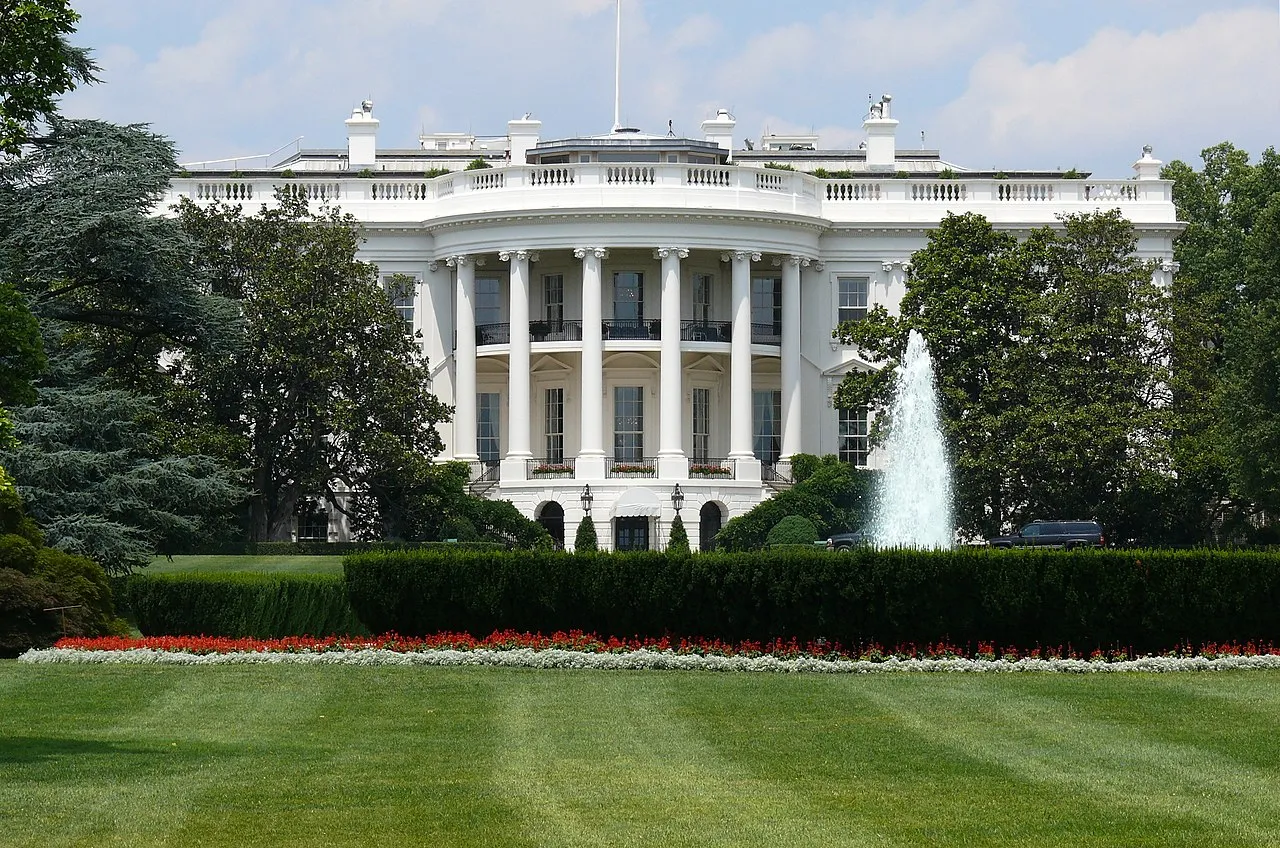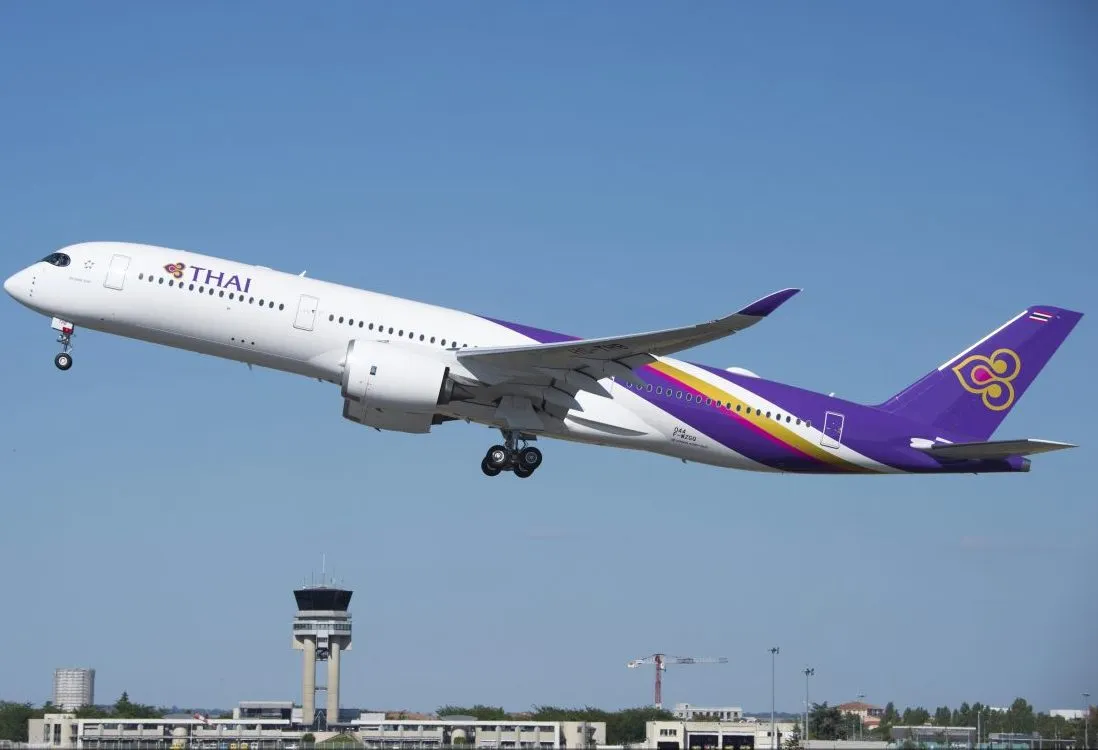American and Delta Are Squabbling Over a New Los Angeles-Beijing Flight
Skift Take
Delta Air Lines and American Airlines are sniping at each other over which carrier is most fit to fly a new nonstop route between Los Angeles and Beijing.
Normally, it would not matter as both airlines could launch flights. But the U.S. and China have strict limits on how often carriers can fly between the U.S. and three of China's largest and most important cities - Guangzhou, Shanghai, and Beijing. And U.S. airlines have nearly reached the cap, so whichever airline loses may not be able to fly between L.A. and Beijing until the governments renegotiate.
The U.S. Department of Transportation will make the determination. Delta asked for permission first, announcing March 14 that it wanted to add service starting on Dec. 16. American followed about two weeks later, asking for its own flight, also launching Dec. 16.
Since then, the carriers have traded barbs in government filings. In a June 6 filing, American said Delta has "resort[ed] to misrepresentations and distortions," while claiming Delta has made "misguided arguments," the government should not accept. On June 7, Delta responded, calling American "presumptuous" and arguing its "proposal maximizes public benefits" more than American's.
The disagreement comes as American and Delta seek to bolster their West Coast international presence. Both are chasing United Airlines, which operates a robust and profitable trans-Pacific hub from San Francisco, flying to Singapore, Seoul, Shanghai, Beijing, Osaka, and Xi'an and Chengdu, China, among others. To compete, Delta is adding Asia flights from Seattle as well as Los Angeles, while American is making Los Angeles its focus, having recently added Hong Kong, Tokyo Haneda, Sydney, and Auckland. Thus far, though, neither is close to matching United's breadth from the West Coast.
Going Negative
The filings have at times turned nasty. As it touts its service plan, American has made several criticisms of Delta, asking that the government "... not overlook Delta’s prior failures in Asia," including the carrier's trouble filling aircraft between the U.S. and Tokyo's Haneda airport. When Delta finally relinquished its unsuccessful Seattle-Haneda route in 2015, American took over the authority, launching its own flight from Los Angeles.
"Delta’s sad history of broken capacity commitments in contested route proceedings should lead the Department to disregard any claim by Delta that it will provide 'reliable capacity,'" American said in its June 6 filing.
American said it deserves the new route partly because it and its alliance partners have little service to China. Delta's SkyTeam alliance includes China Eastern, China Southern, and XiamenAir, while United's Star Alliance has Air China. But American's OneWorld alliance has no members in mainland China, though American codeshares on one long-haul flight with Hainan Airlines. American also has little of its own China service, with only four flights - two to Shanghai and two to Beijing - from Chicago and Dallas/Fort Worth.
"Together, Delta and its three-headed SkyTeam dragon in China carried nearly three times more U.S.-China traffic in 2015 than American, which lacks a China alliance partner," American said. "Until American is able to connect the West Coast to Beijing through its only West Coast hub—LAX—American will be in a poor position to attract an alliance partner in China."
American argues that if Delta wants the new L.A. flight, it can swap another of its China flights to Los Angeles-Beijing. American notes Delta has the rights to fly between Tokyo and Shanghai, a route it can move if it wants. American says it does not have a similar opportunity.
Consumer First?
But Delta counters the government should not worry about what is best for American and its Los Angeles hub, but rather what is most favorable for West Coast consumers. Delta notes more than 25 percent of U.S.-Asia passengers fly through L.A., and it wants to gain a bigger share of that business. And while Delta does fly to Beijing from Seattle, it reminds the government that Seattle-China is a far smaller market than L.A-China.
"American’s brazen attempt to assume entitlement to LAX as 'its' proprietary Western gateway, is presumptuous and contrary to the public interest," Delta said in its June 7 filing. "American’s attempt to carve up the West Coast and claim dominion of a sphere of influence over LAX-Asia traffic demonstrates that American has been focused solely on itself in this proceeding, not on the public interest."
Delta has also questioned why American only applied for the Beijing route after Delta made its filing. American, Delta notes, could have asked to fly to Beijing at any time, and since the Chinese route authorities only recently started running out, American probably would have received permission. American has responded that it was focused on post-merger integration, but told the government it had also planned to apply for Beijing.
Still, Delta said American likely only wants the route to thwart a competitor.
"Preventing Delta from competing at LAX may benefit American, but it does so at the expense of significant numbers of U.S. travelers who utilize LAX," Delta said in its filing.




